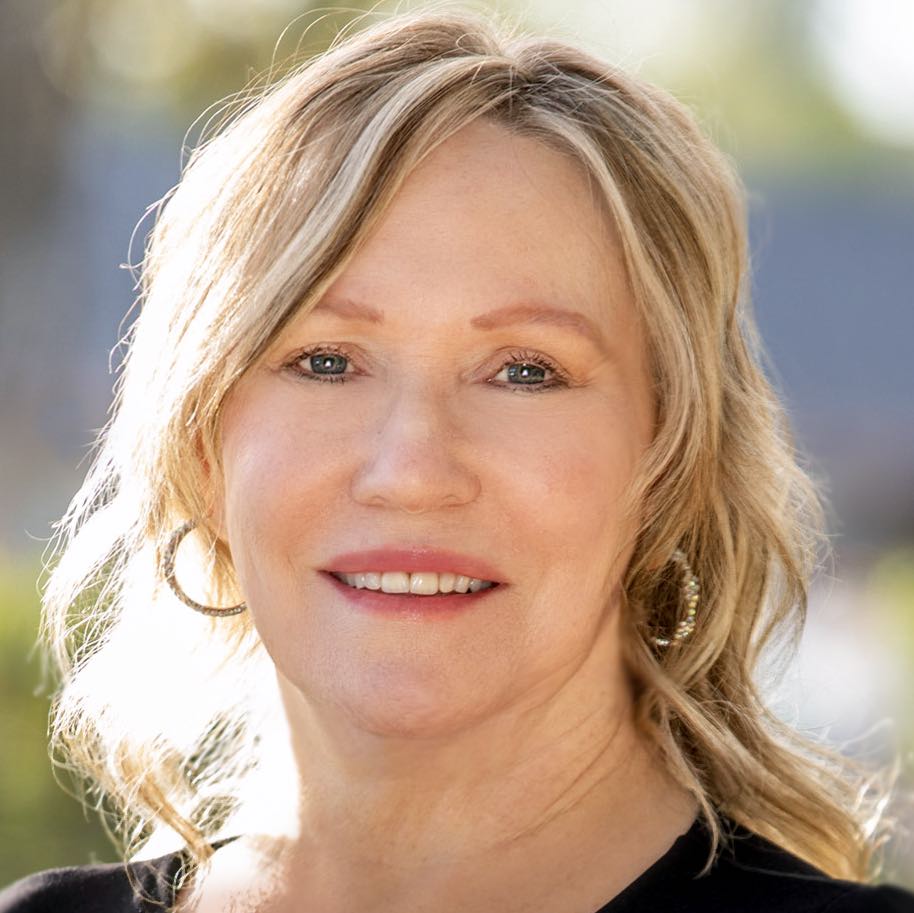5 minutes
This sample checklist for evaluating board member candidates considers subject matter expertise and mastery of key competencies.
Sponsored by DDJ Myers
The next three years, 35 percent of board members will voluntarily rotate off the board. On average, it takes a credit union board nine to 12 months to create a sensible board recruitment process that is sustainable and replicable. There are several steps to systematizing a board recruiting process that makes sense for your credit union: developing a dashboard of current board expertise; conducting a succession risk analysis; deciding the interview process including questions to ask and not ask; onboarding; a board member development plan; and the role of the Chair in ensuring the success of a high performing board.
A sample checklist is provided (below) to use in initial screening and interviewing of potential board members. This is just a sample checklist and needs to be adapted to your unique needs. The success of the interview process is largely dependent on the types of questions asked and how they are asked. Although it might sound pedantic, role-playing in interviewing is a great idea for at least two reasons. One, the interviewer often talks too much and needs to leave time for the board member candidate to dialogue. The second reason is, way too often, the interviewer describes the role of the board that leaves the board candidate unnecessarily scared and intimidated.
The following is a sample checklist to use in evaluating board member candidates. The checklist has three components: background information including subject matter expertise, personal mastery competencies and an overall subjective sense of the candidate. Feel free to modify and format it using your brand. Another option is to create a table with this information so that you can include the candidate’s information at a glance.
Background
Name:
Current employer:
Retired: Yes/No
Education (Bachelors, Masters, PhD as well as Certifications):
Subject matter expertise: Summarize the candidate’s knowledge and expertise by reviewing his or her resume, conducting an interview, and viewing his or her LinkedIn profile.
- Finance
- Marketing/Branding/Big Data
- Cyber security
- E-Commerce
- Human Resources
- Real Estate
- Lending
- Information Technology
- Accounting
- Other
Core Mastery
The following are suggested areas of core mastery to integrate into your assessment of candidates. This sample list was generated based upon one credit union’s needs and strategic plan. You will need to create your own list from 25 possible competencies available at board@ddjmyers.com. This case study credit union reviewed these competencies and definitions and selected interview questions from those below to have a dialogue with candidates. They were trained to avoid a question-and-answer style of interview and to have an energetic conversation. The format below includes the desired competency, definition, examples and sample interview questions.
1. Futuristic Thinking: Imagining, envisioning, projecting and creating what is not actualized. The candidate:
- looks beyond the forces driving the current reality to those that may have long-term effects;
- utilizes foresight and intuitive perception as well as factual events to draw inferences;
- recognizes, supports, and champions cutting-edge ideas; and
- envisions possibilities that others may not.
Sample interview questions:
Part of our role as directors is to provide relevant products and services for our members. Technology is a high-use delivery channel for our members. What technology do you use today that was not even in the realm of possibility a few years ago? What do you see in the future of banking?
2. Continuous Learning: Taking initiative to learn new concepts, technologies and methods. The potential board member:
- keeps abreast of current information through reading and other learning methods;
- is actively interested in new technologies, processes, and methods;
- welcomes or seeks assignments that require new skills and knowledge;
- is considered a knowledgeable resource by others; and
- enjoys new resources and methods for learning.
Sample interview questions:
Being a board member of a high-performing board is both exciting and challenging. It helps us to onboard you if we understand how you learn, how you like to stay abreast of new information, and what topics you most enjoy. Share with us how we can support this transfer of information about the best ways for you to learn.
3. Decision-Making: Analyzing all aspects of a situation to make consistently sound and timely decisions. The board member:
- demonstrates an ability to make thorough decisions in a timely manner;
- gathers relevant input and develops a rationale for making decisions;
- evaluates the consequences of decisions before making them; and
- rather than making assumptions, asks the right questions to produce a timely decision.
Sample interview questions:
The board has a responsibility to ensure that the credit union is safe and sound, which requires making decisions on behalf of the membership. To do so, we need to be diligent in evaluating the drivers of our decisions and the consequences of those decisions; we must ask the right questions. Please share some questions you have asked in the past regarding decisions that impacted stakeholders.
4. Interpersonal Skills: Effectively communicating, building rapport, and relating well to all kinds of people. The candidate:
- treats all people with respect, courtesy, and consideration;
- respects the differences in the attitudes and perspectives of others; and
- recognizes other’s perspectives, by actively listening, thus providing many views of a given situation.
Sample interview questions:
The board comprises volunteers who represent the membership and who bring a diversity of ideas. We strive to have an environment of respect and active listening. How would this culture work for you? Please share an example of how you have proactively listened and engaged with others.
5. Teamwork: Cooperating with others to meet objectives. The candidate:
- meets agreed-upon deadlines for team assignments and commitments;
- supports team decisions;
- recognizes and appreciates team members’ contributions; and
- raises and confronts the issues that are limiting the team’s effectiveness.
Sample interview questions:
The board, in essence, is a team that is charged with governing the credit union. We are committed to being high performing, which means that we are accountable for learning and for fulfilling our duties. What is your experience with being on a team and fulfilling its commitments? Have you ever had to challenge how a team operated? What was the governance structure of your last board?
6. Conclusion: What else can we share? How does everything you have heard sound?
Deedee Myers, Ph.D., MSC, PCC, is CEO of CUES Supplier member and strategic provider DDJ Myers, Ltd., Phoenix. DDJ Myers, Ltd. is committed to supporting credit unions with exemplary products and services for board development and governance, strategic planning, executive search, executive compensation advice, and succession planning. The firm’s leadership coaches provide top tier executive and board coaching and facilitation of individual, organization and board assessments.






